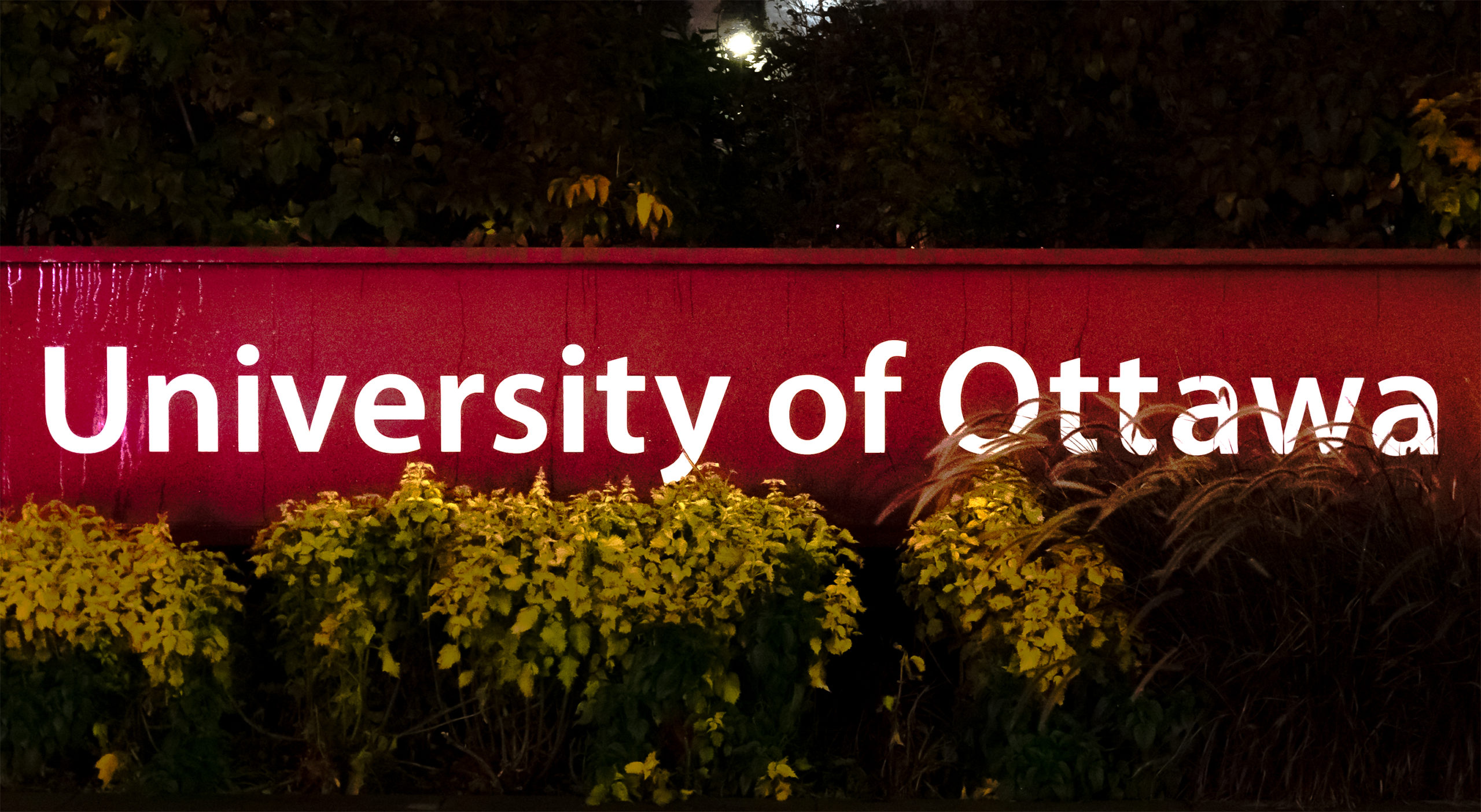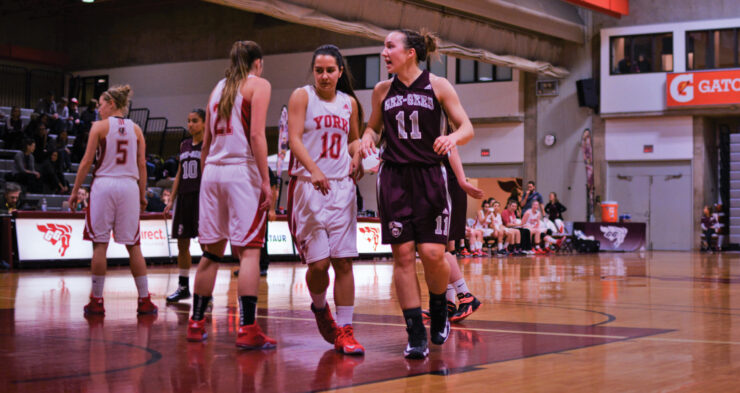The University of Ottawa has a long way to go in being a place where disabled students can truly thrive.
July marks Disability Pride Month, a month to celebrate and spread awareness about the experiences of people with disabilities. People with disabilities face numerous barriers and obstacles in educational settings. To mark the month, students with disabilities at the University of Ottawa were consulted to discuss their educational experiences.
When reflecting on what the month means to her, Teagan Shooter, a fourth-year feminist and gender studies student shared, “Disability Pride month is a chance to reflect and support one another as a community. It reinforces the idea that my disabilities are a core part of who I am and are not something to be ashamed of.”
“Being Neurodivergent, I experience learning, communicating and perceiving the environments around me differently than others,” Shooter said. “This is often amazing and frustrating at the same time. Disability Pride reminds me that you can dislike aspects of your disability and still take immense pride in it.”
Artemis, a third-year psychology student, spoke to the importance of visibility and intersectionality in the fight for accessibility. “I’m a queer, non-binary person who suffers from chronic pain. Disability pride month is a time to be seen and heard, for us to educate others and for people to learn.”
Artemis is currently in the process of applying for academic accommodations through the Student Academic Success Service (SASS). “It takes a lot of time, and there are very few resources, especially online, to help you with the tedious process of applying for accommodations.” they said.
“Disabled people have to deal with enough that we shouldn’t jump through hoops to prove we are disabled and require simple accommodations to thrive and do well academically. [The University of Ottawa] should make accommodations easier to acquire and have more resources for us. The few resources U of O has, there are long waitlists which makes it impossible to get help promptly.”
An anonymous student, whose identity is concealed due to fear of employment repercussions, also described their issues with SASS. “I like to be able to ask my professors questions during exams. SASS made it very difficult for me to contact them. One time I used all my extra time to try calling the professor.”
Carly Fox is a fourth-year student in international development and globalization. She spoke about how her course curriculum in the program excludes disabled people. “If we exclude disabled students, it makes it hard for them to show up as themselves to class,” Fox explains the barriers that students with disabilities face. “There is a lack of accessibility in buildings at [the U of O]. And there is a hidden elevator in Tabaret [Hall] that could be used to benefit students with disabilities, but no one is told about it.”
Madii Neveu, a student who wanted to attend the University of Ottawa, was told that if they wanted to do the fine arts program, they would need to be able to walk three flights of stairs. Due to this inaccessibility, Neveu was unable to complete his degree at the U of O.
Teddy, a second-year student, explained how many buildings don’t have door-opening buttons and some are under fire alarms, making it hard to open the door without setting off the fire alarm.
The students I interviewed had suggestions for making U of O more accessible for disabled students.
Fox empathized that the University needs to listen to disabled students, and provide them what they need to be successful. For example, she reiterated how many students have advocated for hybrid learning options. The university should provide professors with resources to host hybrid learning.
Teddy explains how professors need to be willing to give their students academic accommodations because many often overlook them. “They can improve by opening suggestions to people with disabilities and placing real people with disabilities in charge of making the school more accessible.”
The consensus among these students was that the University of Ottawa has a long way to go in being a place where disabled students can truly thrive.





